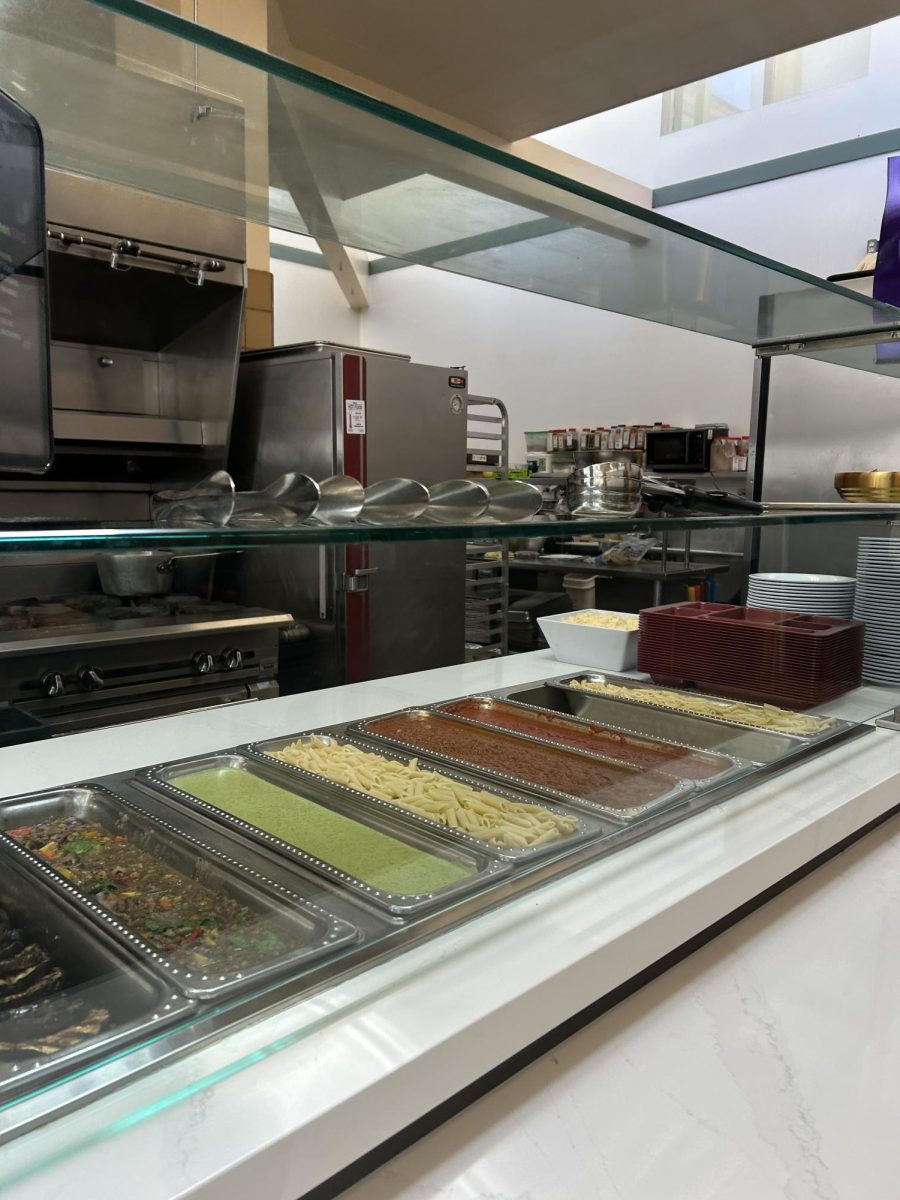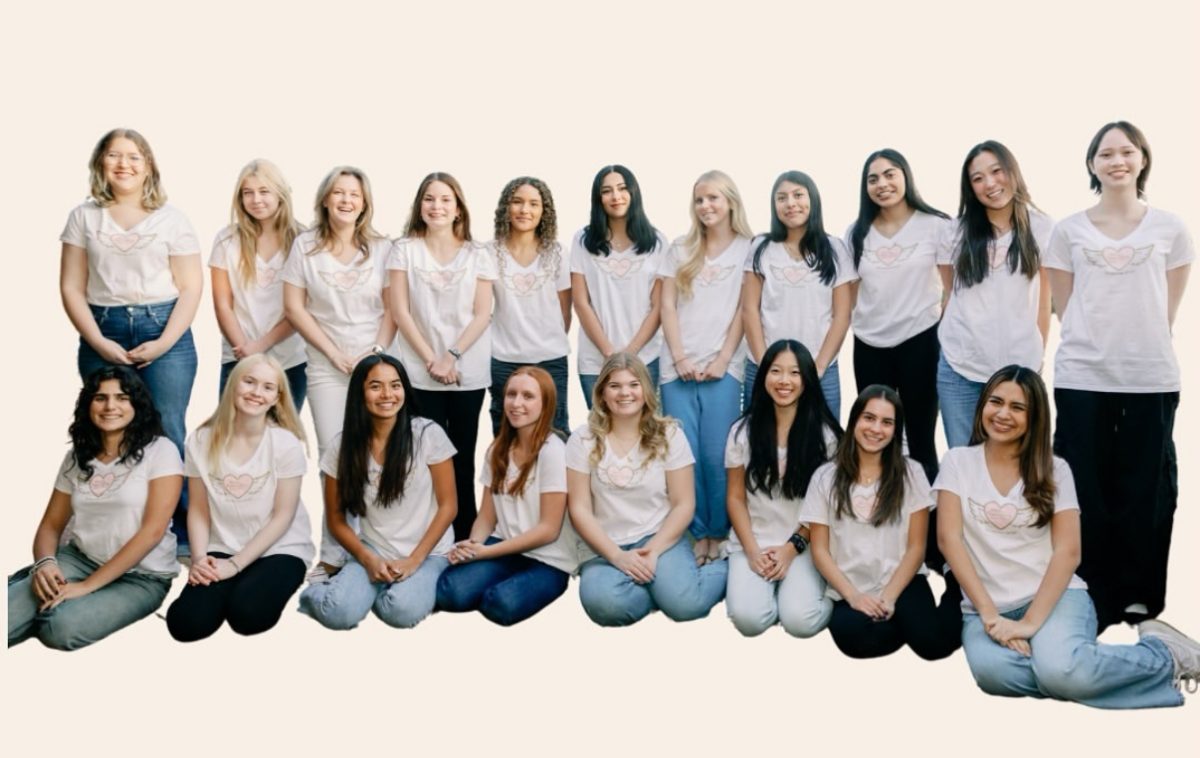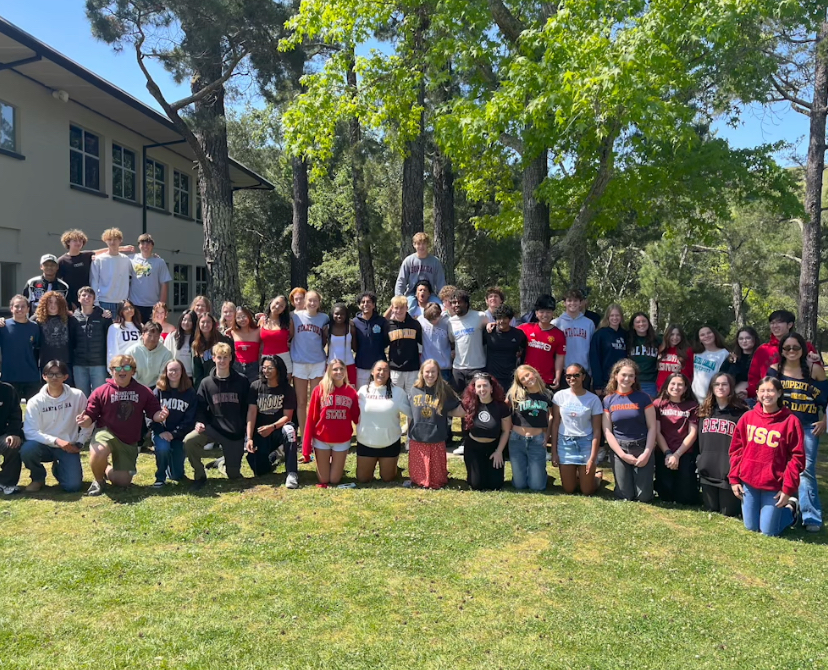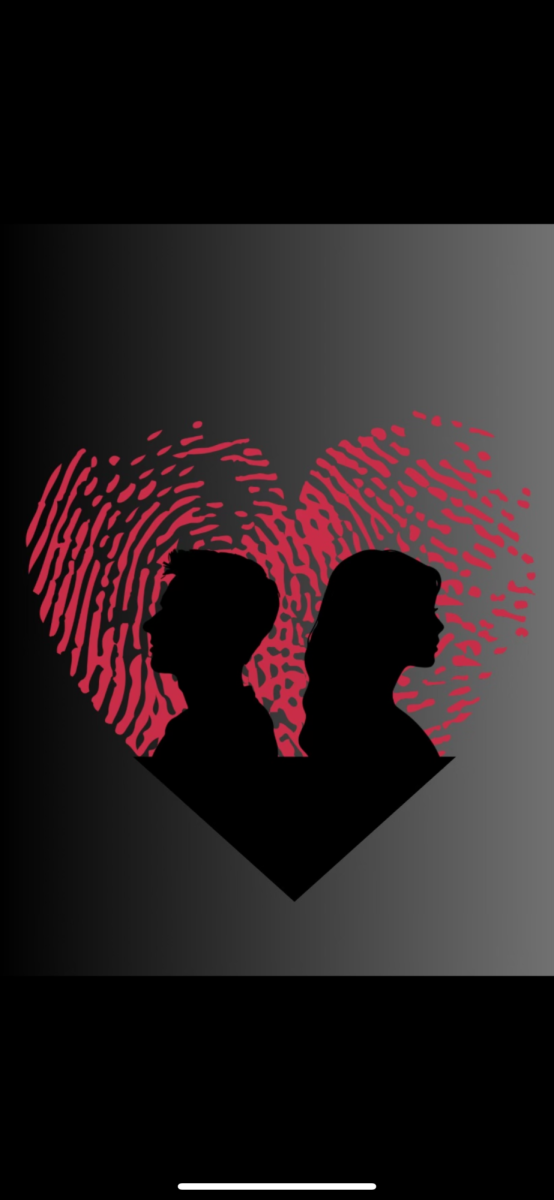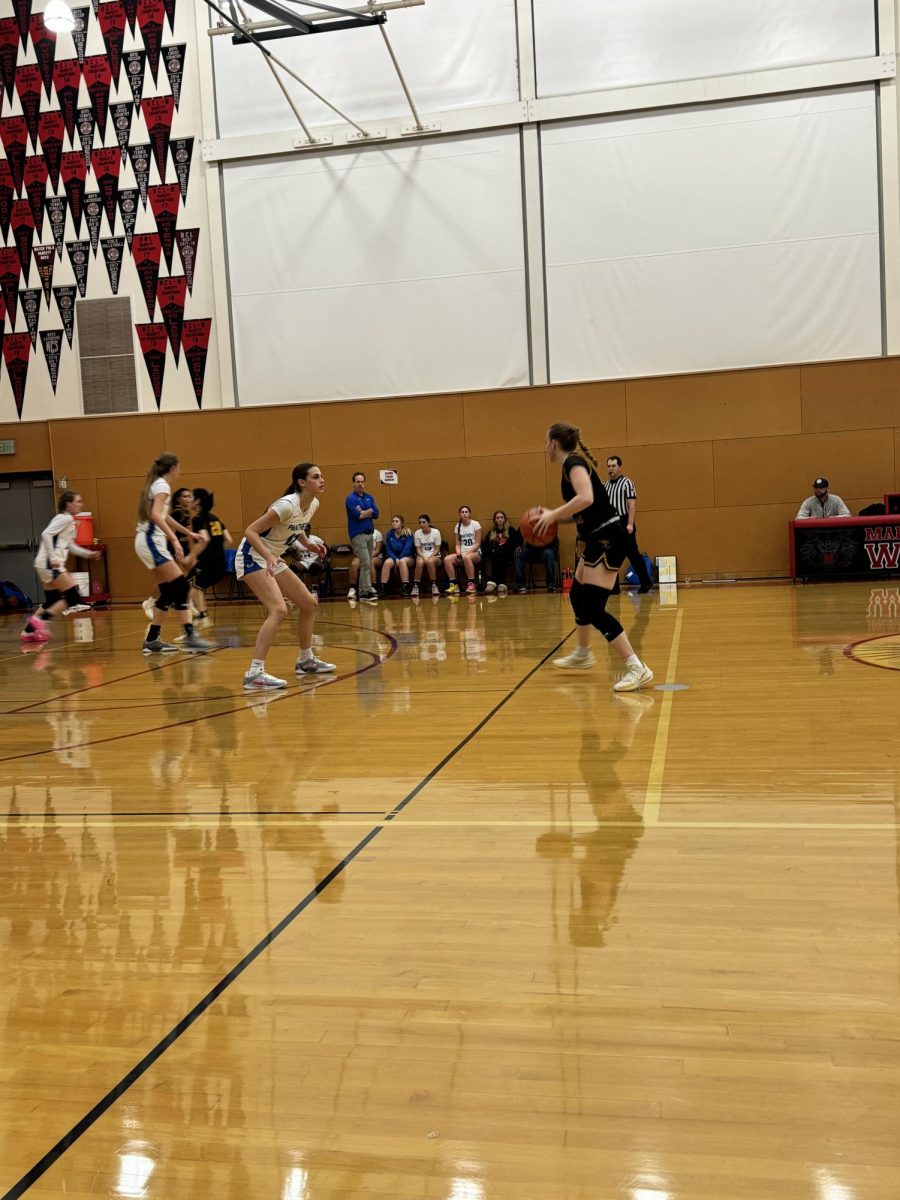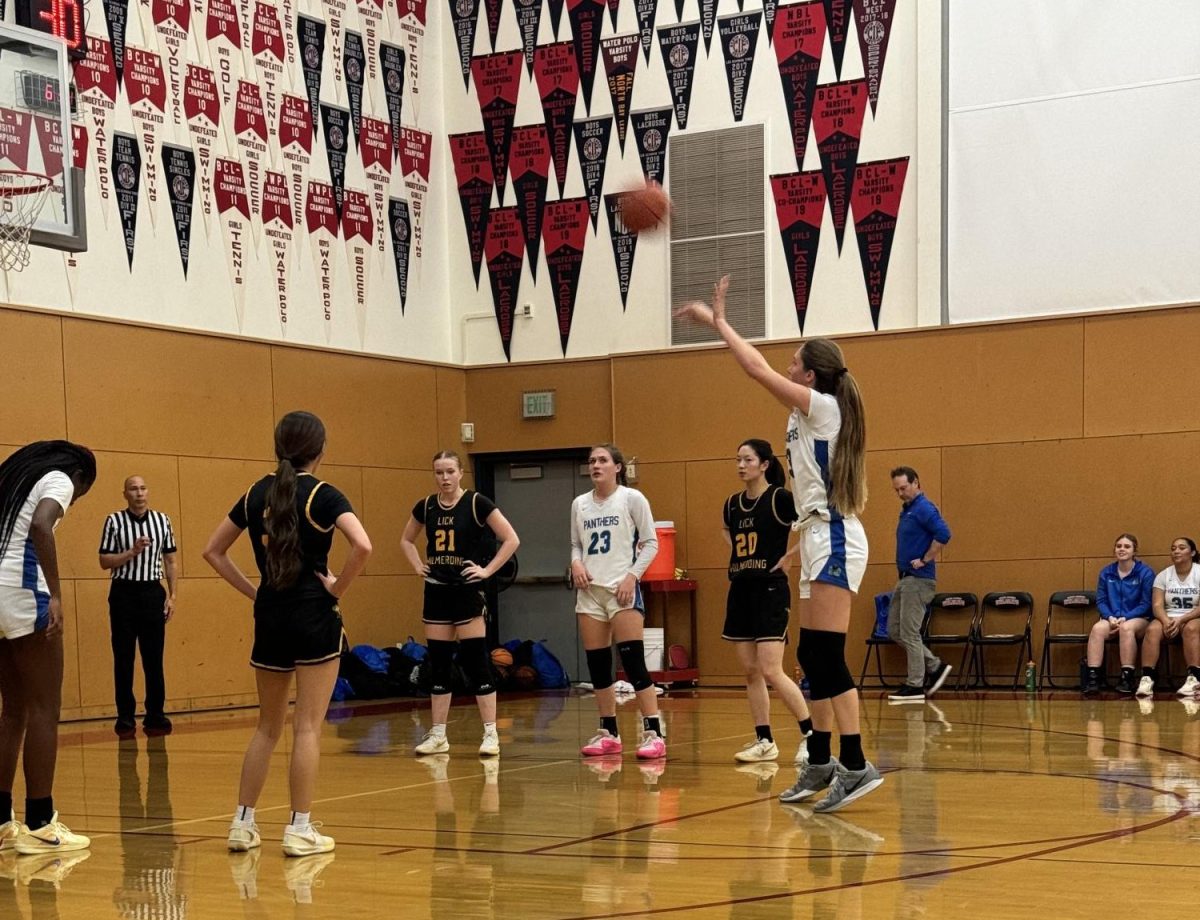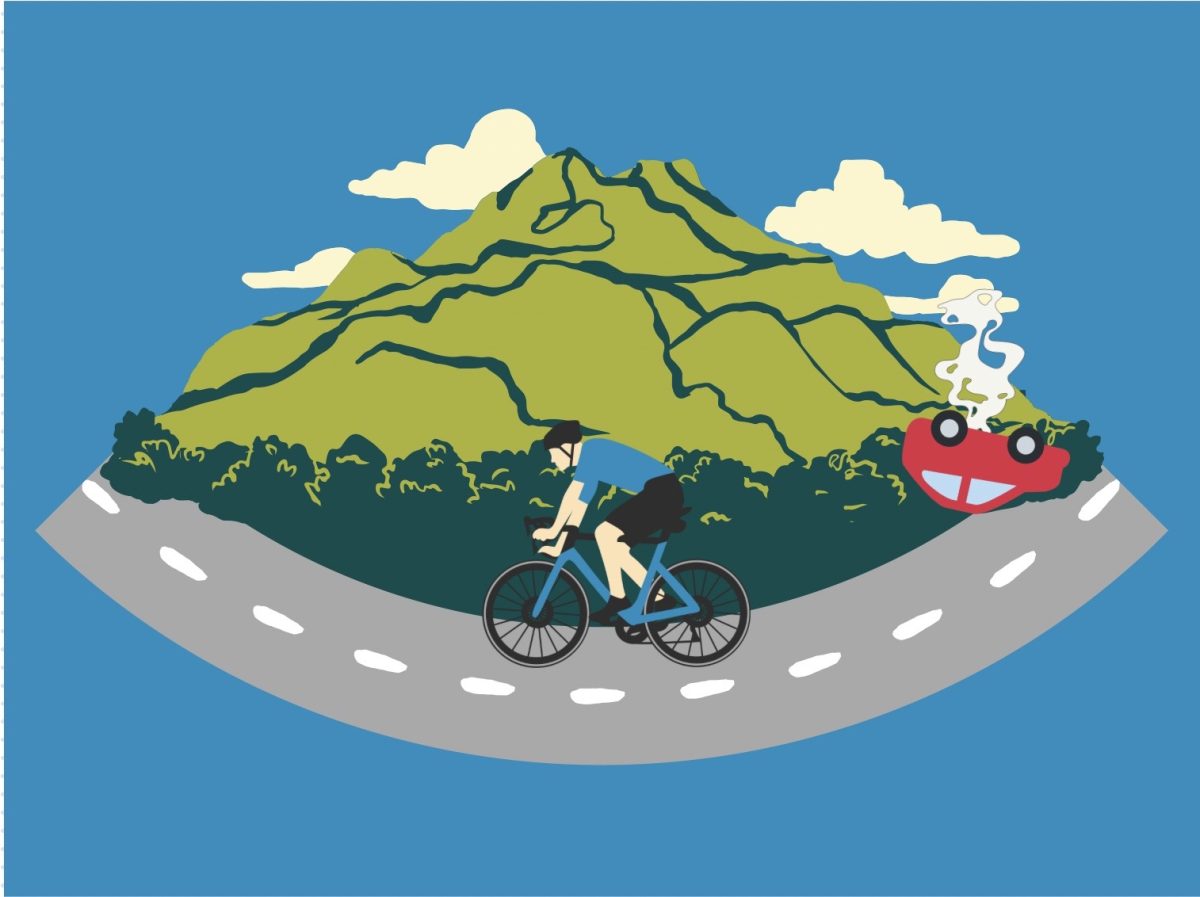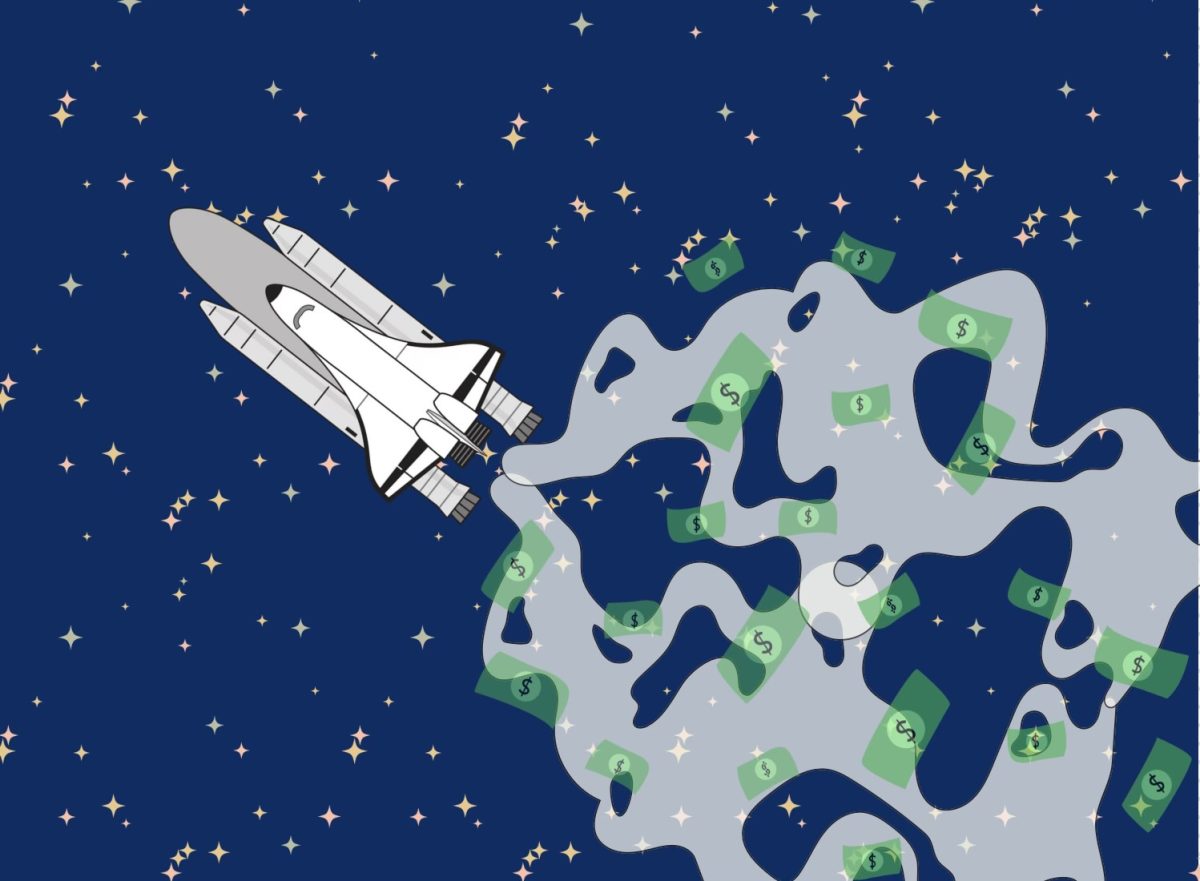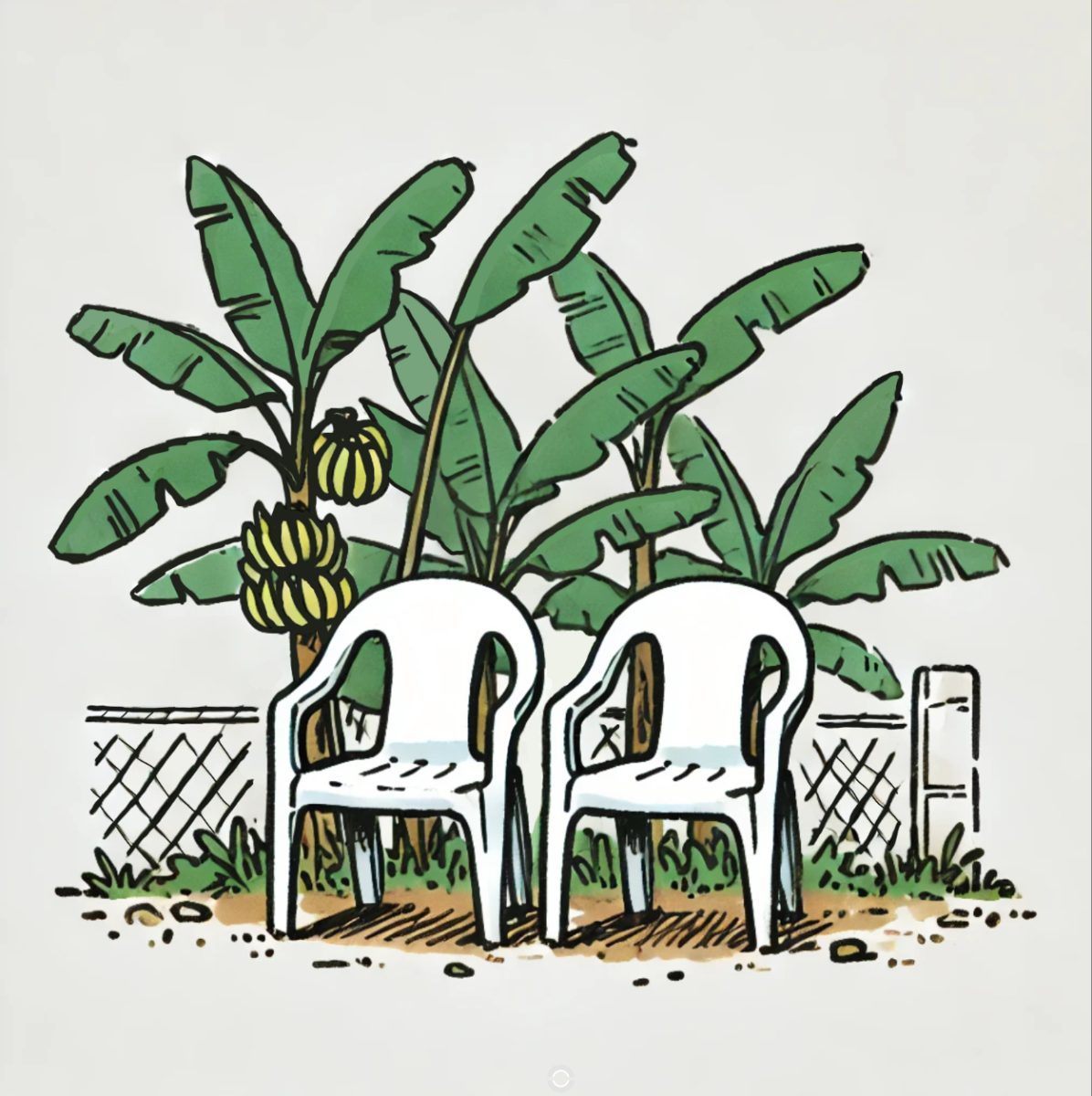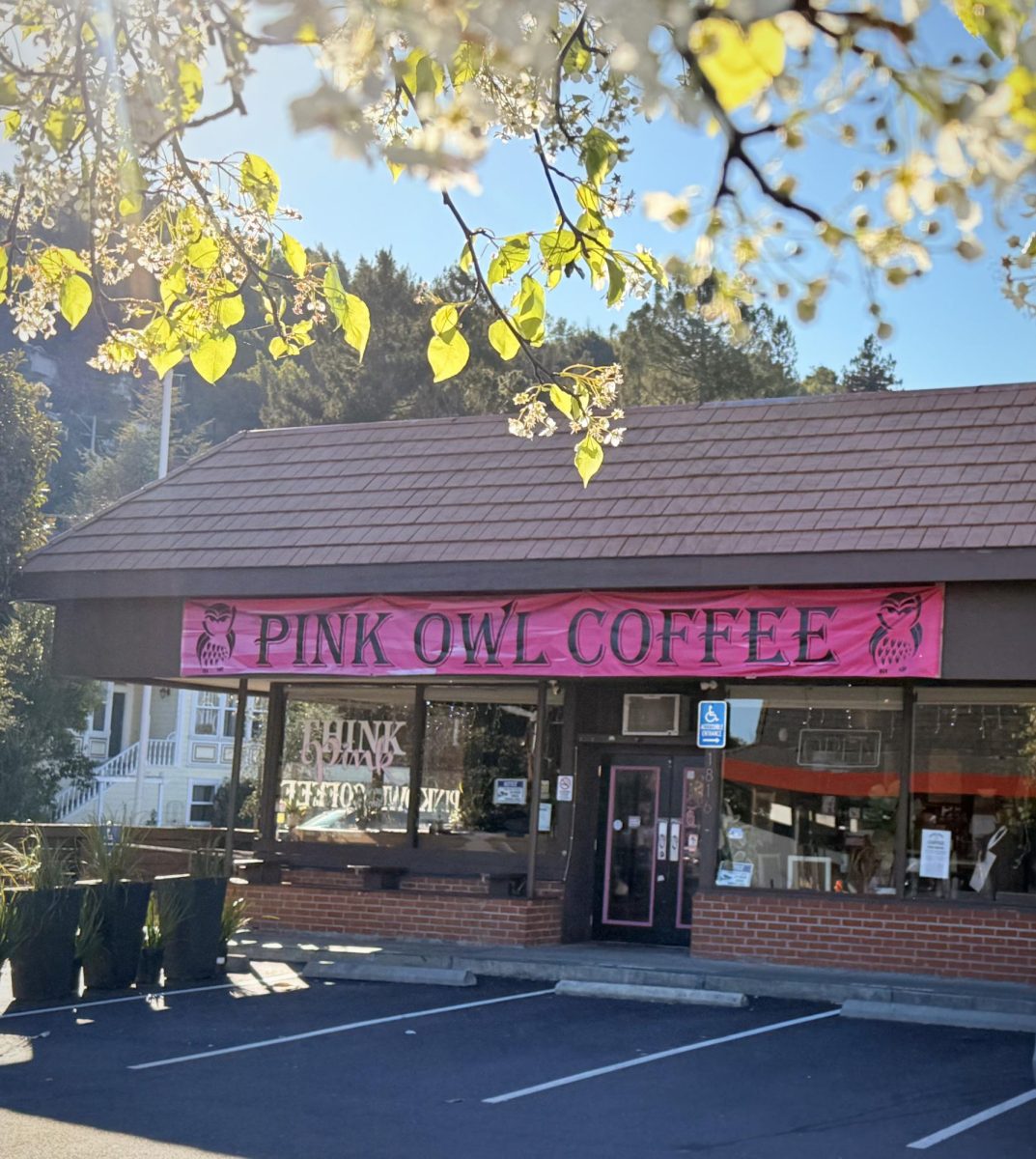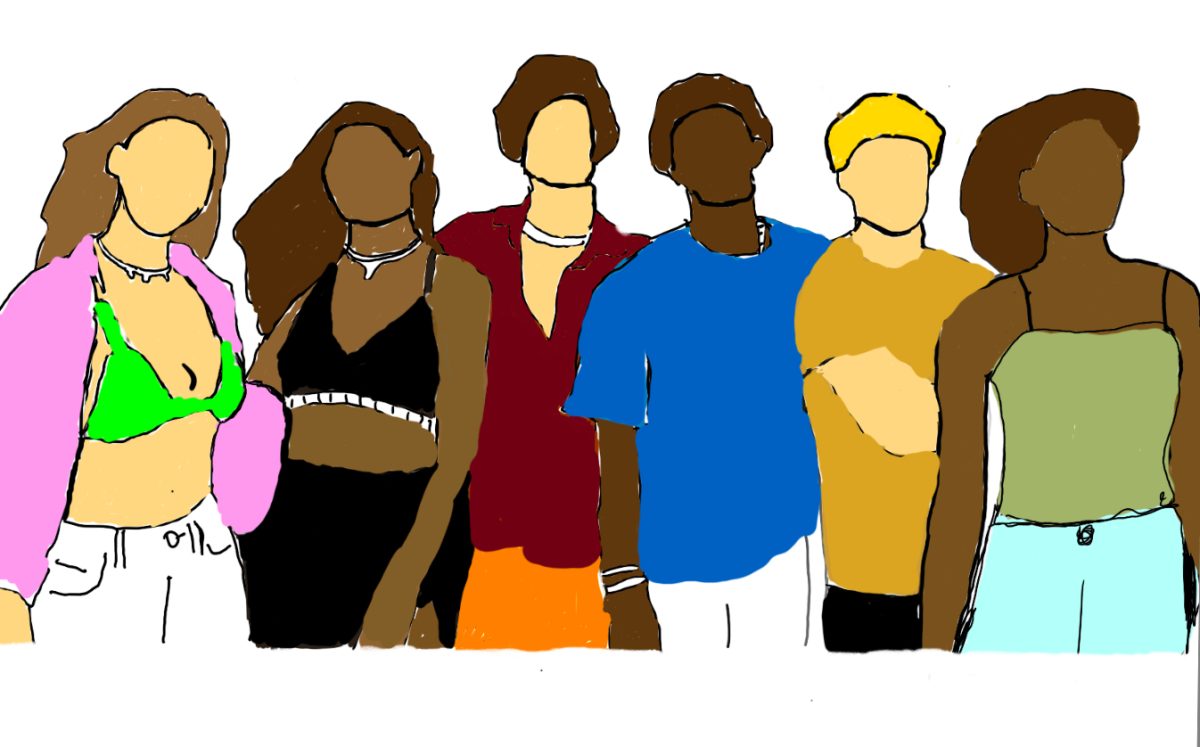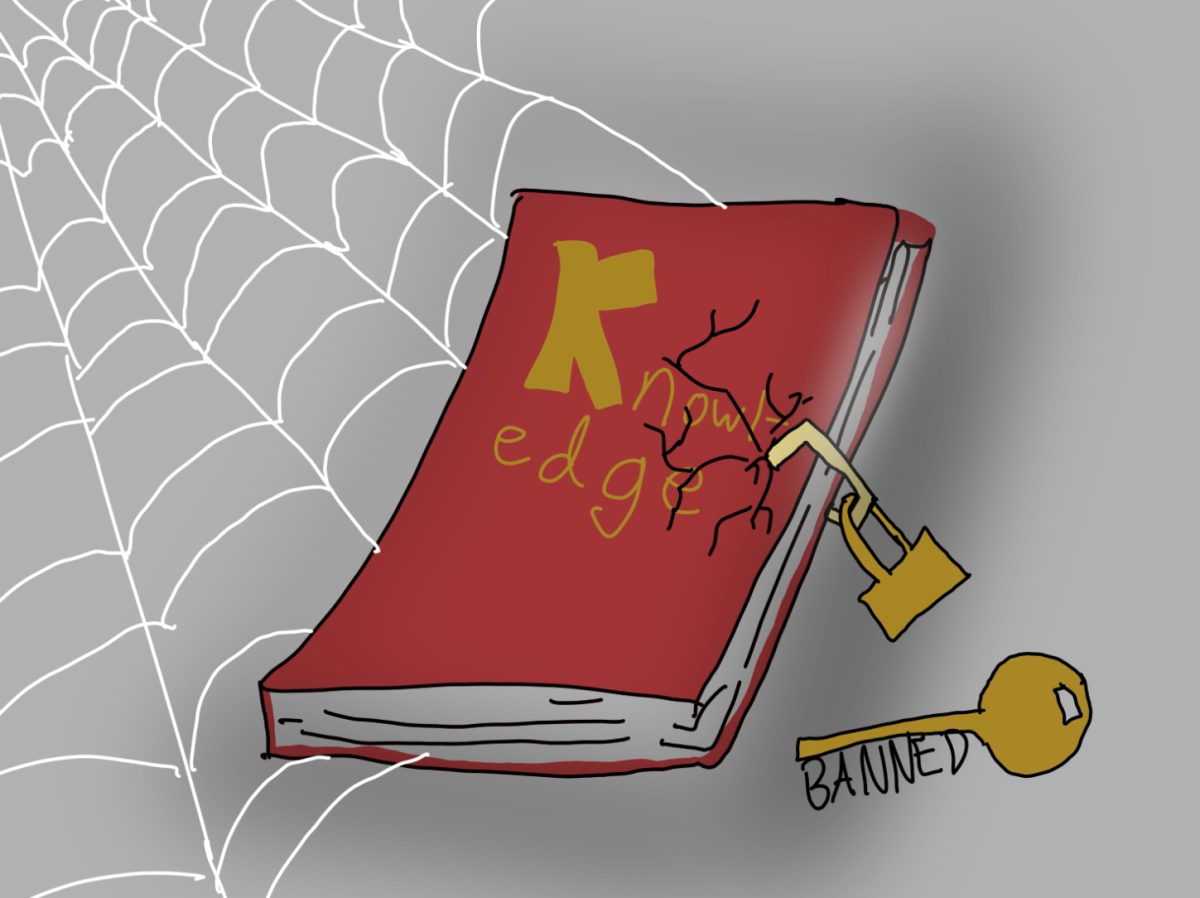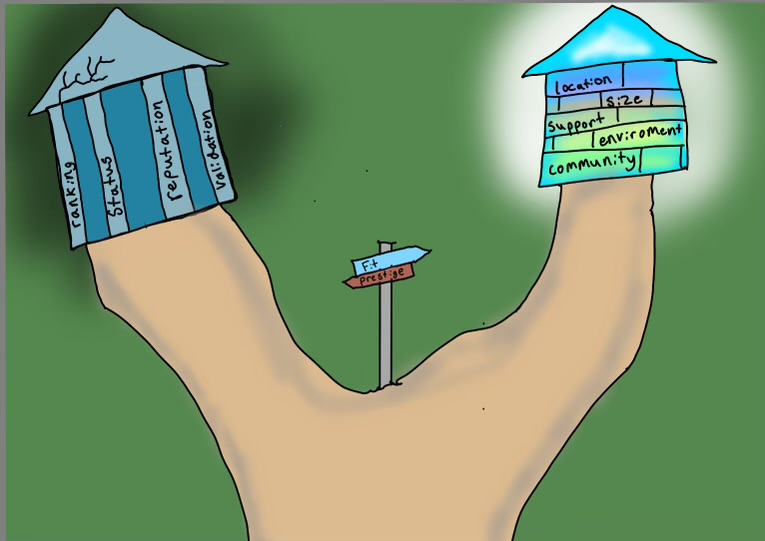Have you ever read Fahrenheit 451 by Ray Bradbury? You know, the one where society falls apart because books are banned? Or maybe not because Fahrenheit 451 is now banned in schools across America. What an interesting turn of events:, a book that cautions us about the dangers of banning books is one of the first to go.
According to American Library Association as of March this year, there have been efforts to censor 4,240 books. The growing wave of book bans attacks intellectual freedom, suppresses important discussions, and harms society by limiting access to diverse perspectives.
Intellectual freedom is at the center of a democratic society. It ensures that citizens have a right to access a broad range of ideas, perspectives and information. This freedom allows people to think critically and develop their own opinions, both essential elements of the democratic process. This has been the US’s entire mantra since the beginning of our country. Book bans often target works that challenge societal norms, address uncomfortable truths or amplify marginalized voices. Limiting this freedom to read and discuss these banned topics is harmful for the future of our country.
Take Nazi, Germany for instance. In the 1930s, books written by Jewish and liberal writers were burned in an attempt to censor the voices that opposed Nazi ideals. While books aren’t being burned at the moment, the attack on marginalized voices is. Infact, 47% of the books banned represent the voices and experiences of BIPOC and LGBTQIA+ people. Who knows what could happen in our country without any way to access the thoughts, perspectives, and experiences of America’s marginalized people.
These “hard to talk about” topics are the ones we need to talk about more. Addressing the problems in society, such asracism and gender inequality, is the only way to move forward; It’s hard to battle these issues if people are denying they exist. It’s also important for young kids to be raised with a broader idea of what gender means. It will help them figure out their identity and help normalize those who don’t conform to traditional gender norms. Growing up with only hetero romances in the media makes the journey to figuring out your sexuality all the more confusing. As a kid raised on classic Disney princess movies, I lived years of my life not knowing homosexuality even existed.
Harper Lee’s novel To Kill a Mockingbird was banned for its racial themes, yet it sparks necessary conversations on racism and social injustice.
Banning books can create a homogenized society where only one narrative is allowed. A homogenized society fails to reflect the complexities of reality. Human experiences are diverse, shaped by individual backgrounds, cultures, and beliefs. Growing up in a primarily white area, a main way I learned about other cultures and different experiences was through books like Angie Thomas’s The Hate u Give and Kelly Yang’s Front Desk, both books that have been banned in schools.
Many of these books are banned to protect children from “inappropriate” content. This “inappropriate” comment is peoples core identities. Parents or educators worried about corrupting children have the right to guide reading choices, but outright bans limit everyone’s access. And regardless its these “inappropriate” ideas that need to be discussed. Banning books does not shield students but deprives them of a well rounded education.
We should empower youth to engage with challenging topics, equipping them to navigate an increasingly complex world.
The fight against book bans is about more than protecting literary works; it’s about preserving the foundation of intellectual freedom. We must advocate for open access to diverse literature, ensuring that future generations inherit a world where all voices are heard and respected, paving the way for a more informed and inclusive society.
